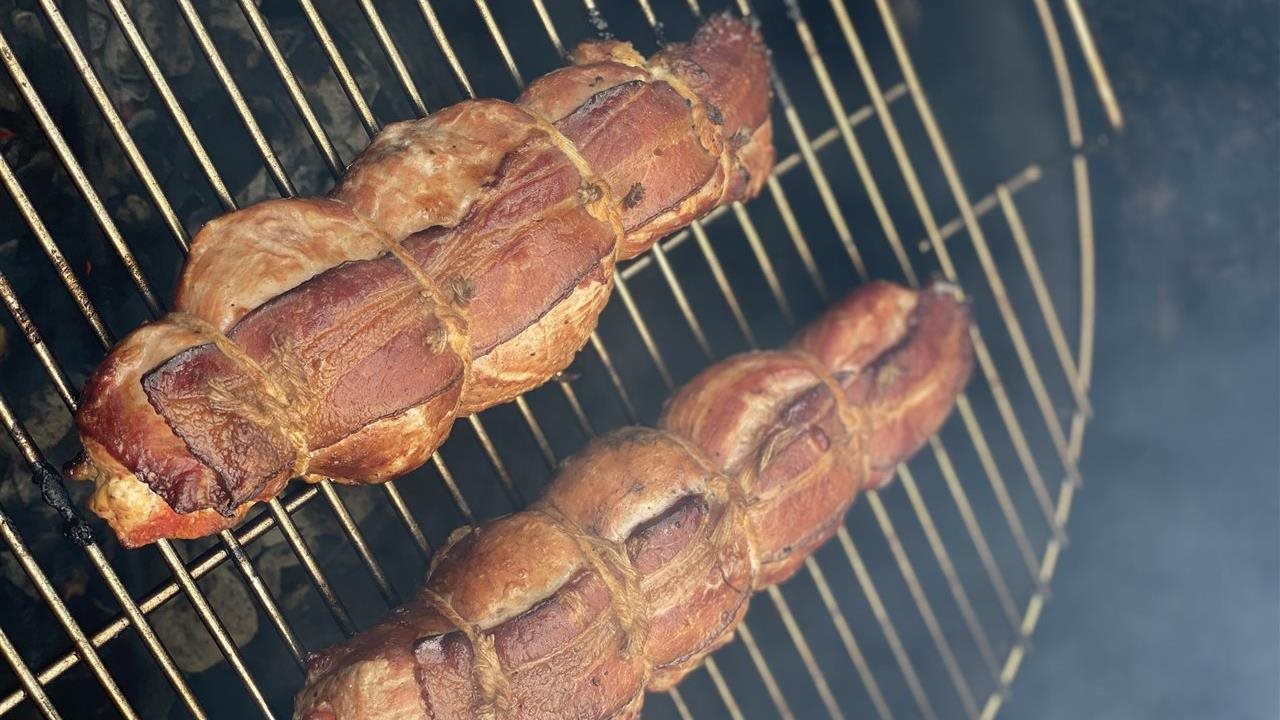
(BPT) – The sound of the sizzle, the smell of foods cooking outdoors, the undeniable taste — it’s time to get back to the barbecue. For many people, a grill becomes a second kitchen. For others, it’s their primary way of cooking all year long.
“We need it more than ever after a year like this,” says Steven Raichlen, grilling authority, author and host of television’s “Project Fire.” “Grilling brings joy. Unleashing your inner pyromaniac is fun. Building a fire is fun. Waltzing the food from hot spots to cool spots is fun. Grilling is an interactive sport. Every grill session is different and that alone makes it joyful.”
More than just cooking good food, Raichlen says grilling is a bonding activity that focuses on a simple pleasure that everyone enjoys.
“It’s fun and uncanny how grilling brings people together. No one gathers around the stove to watch a pot of stew simmer. Light your grill, people congregate and you, the grill master, become master of ceremonies,” he says.
The appeal of grilling transcends generations, and many people are now shopping for new grills so they can enjoy cooking outdoors. The problem is there are many types of grills, different sizes and varying price points, so it’s difficult to know which is right for your needs.
Saturday, May 29, is National Back to Barbecue Day, one of the busiest shopping days of the year for new grills. If you are looking to buy a new grill, the experts at the Hearth, Patio & Barbecue Association share some important things to keep in mind:
Types of grills to consider
Gas: For people who want convenience. Just like your kitchen stove, it can be ready to cook in 10 minutes, and it’s easy to regulate cooking temps.
Charcoal: For those who love being hands-on with the nuances of outdoor grilling. Some say charcoal provides the best flavor experience. Good for low and slow cooking and high heat searing.
Pellet: For people who want the most in flavor. Wood pellet grills are among the most energy efficient and burn clean. Pellets come in varieties such as hickory, mesquite and oak, providing a truly flavorful cooking experience.
Electric: For people who love simplicity. Electric grills are designed to produce constant heat and operate without an open flame. Ideal for apartment or condo dwellers since they don’t require charcoal or propane.
Kamado: For people who love cooking all styles and seasons. Kamado grills’ excellent insulation is ideal for both grilling and smoking. They can use wood and charcoal and are ideal for roasting and baking.
Questions to ask before buying a grill
What do you love to cook? Many grills come with extra features ideal for certain foods, like rotisseries if you love a roasted chicken, side burners if you love soups and stews, or ample space for pizza stones if you frequently crave the ‘za.
How much time will you have to cook? If you’re hard pressed for free cooking time, consider the convenience of gas or electric grills. Love to pass the time cooking? A charcoal, smoker or kamado grill may be best for you.
How much space do you have? If you have a big backyard, consider a larger grill perhaps with a kitchen island to create a focal point for relaxation and entertaining. Premium portable or more compact grills are ideal for condos and apartments.
Once you have your grill at home and ready to go, it’s time to get cooking. Raichlen shares one of his favorite grill recipes below. Find more recipes, cooking tips and pledge to grill out at www.whyigrill.org.
Pamplona of Pork
